Dolphin Coaches and Pod Sessions: Why Two Fins are better than one –
Dr. Shimi K Kang (Psychiatrist and Author)
The National Education Association (NEA) deems collaboration as an essential skill for students to learn because it is inherent in how work is accomplished and how our workforce functions. In my research, I have found the characteristics of one of the world’s most altruistic mammals, the dolphin, to be a powerful metaphor for collaborative teaching and learning approaches.
Now, if dolphins could enter the current work world, they would blow the competition out of the water no pun intended)! Dolphins are famous for their highly social behaviour and collaborative way of life. Living in rich social communities called pods, dolphins use collaboration skills to hunt, play and survive in the deep depths of the ocean. For a second, imagine our education system as the ocean; how can our children survive the deep depths of group work, discussions, sharing, or playtime without the foundation of strong collaboration skills? One of the first places children can deeply explore collaboration is in the classroom. Twenty-first-century classrooms are more about competition and comparison. On the contrary, Dolphin Pod is a method of learning in which the Pod coaches aim towards greater collaboration, discussion, and group tasks in order to promote cooperative learning in a POD like environment. As long as the coach remains a dolphin (and not a strict tiger or permissive jellyfish), the development of pod-like environment will have your children swimming towards success.
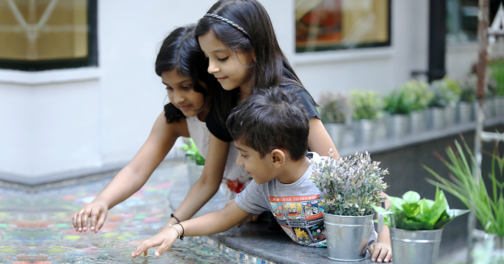
A wealth of shared knowledge.
While hunting, dolphins do not fend for themselves; they consistently work together and share their intellect with one another to enhance the vitality of the pod. Children are no longer seen as “empty vessels” that can easily absorb the transferred knowledge from a lacklustre “sage on the stage.” In the Dolphin POD centre, children are invited to discuss new knowledge in light of their personal experiences, ideas and inquiries in the session. Of course, coaches still behold important content about a given topic or subject, but the collaborative approach allows students’ to take part in their own learning process. Researchers suggest that when students see their experiences and knowledge as valued, they become empowered and motivated to listen and learn in new ways. For my kids, it is always a big confidence booster when they are able to educate and teach something to their own teacher and classmates!
Shared authority fosters autonomy.
If you witness the dynamics of a dolphin pod, you can tell there is not one sole leader or distinct rule-maker. Take a look around a collaborative session room, and you will see this same type of shared authority. Shared authority allows students to take more autonomy over their learning. By participating in establishing session room rules, setting goals and co-creating rubric guidelines, some shared authority can teach children the skills they will need to master in the near future (i.e. organization, time-management, communication, etc.). Research indicates that if students understand they are capable decision makers, they are more likely to take advantage of autonomous and collective learning opportunities outside of the session room.
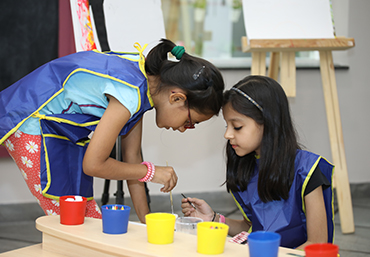
Gently guide rather than direct.
As soon as a baby orca is born, its mother gently nudges it to the surface while modeling swimming motions, which encourages independence right away. When kids have more shared responsibility in the room, the coach is seen as more of a guide toward knowledge rather than a director of knowledge. Rather than directly stating factual information, educators (like mother orca’s) gentle nudge students toward opportunities where they can freely ask questions, provide insights and construct their own understanding. Mediated learning helps kids become problem-solvers and high-order thinkers; students are encouraged to use creativity and critical-thinking skills to explore alternative solutions.
Small-group learning and discussion.
Through signature whistles and unique sounds, dolphins are great underwater communicators. Collaborative session rooms often encourage communication through student discussions, group investigations and the development of shared understandings between peers. Peer-to-peer interaction involves more than just working with others; it involves being respectful, reliable, social, motivating, challenging and competent. In Tom Wujec’sTEDTalk “Build a Tower, Build a Team”, he discusses how group collaboration during an instructive “marshmallow tower” design competition can encourage teams to find innovative ways to collaborate and develop a shared understanding.
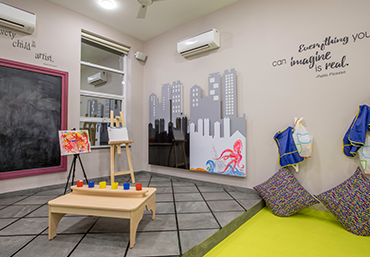
The development of social bonds.
The unique communication of dolphins allows them to develop strong social bonds with members of their pod, as well as other species. A community provides an environment within which rich social bonds can form – including those of friends, mentors and role models. The only way to learn essential social skills is to try them out; a collaborative session room should invite students to learn how to communicate, display teamwork skills and resolve conflict (through trial and error). Developing social bonds with peers and coaches will help kids foster their own social identity and social responsibility. Here’s another bonus: social interaction and social bonding both increase dopamine levels in our brains – and what person wouldn’t want a room filled with happy, healthy and motivated kids?
As a metaphor, dolphins remind us of the value of collaboration and how it can extend beyond the work world. As parents and educators (coaches, role models, mentors…) we want the current generation of children to derive a great satisfaction from working with others while fostering greatness, inspiration, and encouragement.
Dolphin POD gives children, a collaborative POD (Play-fun, Others-communicating, Downtime- mindfulness) session which offers rich learning opportunities that teach kids the dolphin-like social skills they will need to be able to function successfully in a collaborative world.
#Credits- Huffington Post

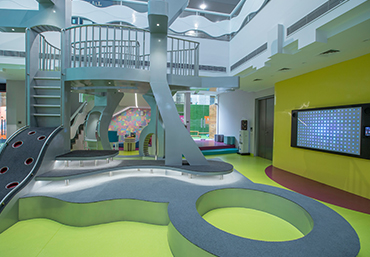
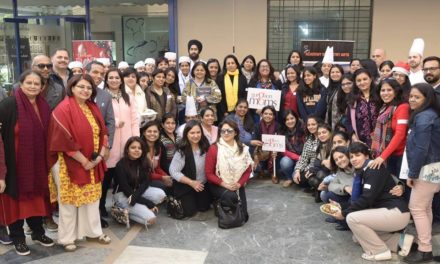


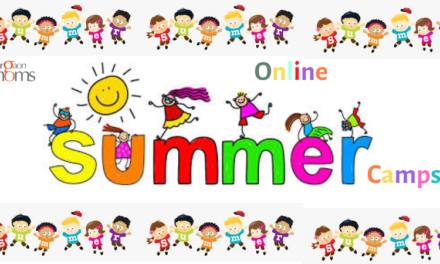
Good information. Lucky me I came across your website by accident (stumbleupon).
I’ve saved as a favorite for later!
Today, I went to the beach with my kids. I found a sea shell and gave
it to my 4 year old daughter and said “You can hear the ocean if you put this to your ear.” She placed
the shell to her ear and screamed. There was a hermit crab inside and it
pinched her ear. She never wants to go back! LoL
I know this is entirely off topic but I had to tell
someone!
Wonderful goods from you, man. I have have in mind your stuff previous to and
you are simply too excellent. I really like what you’ve received right here, really
like what you’re saying and the way wherein you are saying it.
You are making it entertaining and you continue to take care of to
stay it wise. I cant wait to read much more from you. This is
actually a tremendous website.
Wow! This blog looks exactly like my old one! It’s on a totally different subject but it
has pretty much the same layout and design. Superb choice of colors!
When some one searches for his vital thing,
thus he/she needs to be available that in detail, thus that thing is maintained over here.
I have been surfing online greater than three hours today, but I never discovered any
fascinating article like yours. It’s lovely price enough for me.
Personally, if all webmasters and bloggers made just right content material as you probably did, the internet might
be much more helpful than ever before.
Hello to all, how is all, I think every one is getting more from
this web site, and your views are nice designed for new viewers.
I’m curious to find out what blog system you’re utilizing?
I’m having some minor security issues with my latest
blog and I’d like to find something more safeguarded. Do you
have any solutions?
Hi there I am so thrilled I found your site, I really found you by error,
while I was researching on Bing for something else,
Regardless I am here now and would just like to say thanks
a lot for a tremendous post and a all round interesting blog (I also
love the theme/design), I don’t have time to
go through it all at the minute but I have saved it and also
included your RSS feeds, so when I have time I will be back to
read more, Please do keep up the superb job.
Nice post. I learn something totally new and challenging
on sites I stumbleupon everyday. It’s always helpful to read through content from
other writers and use a little something from their websites.
I’m not that much of a online reader to be honest
but your blogs really nice, keep it up! I’ll go ahead and bookmark your site
to come back in the future. Many thanks
Heya! I understand this is kind of off-topic but I had
to ask. Does operating a well-established blog like yours require a lot of work?
I’m brand new to running a blog however I do
write in my diary everyday. I’d like to start a blog so I can share my own experience and views online.
Please let me know if you have any suggestions or tips for brand
new aspiring bloggers. Thankyou!
You are so awesome! I do not suppose I’ve read a single thing like that
before. So nice to discover somebody with some genuine thoughts on this topic.
Really.. many thanks for starting this up. This website is something that is required on the internet, someone with a little originality!
Howdy! This post couldn’t be written any better! Reading this post reminds me of my good old room mate!
He always kept chatting about this. I will forward this
article to him. Pretty sure he will have a good read.
Many thanks for sharing!